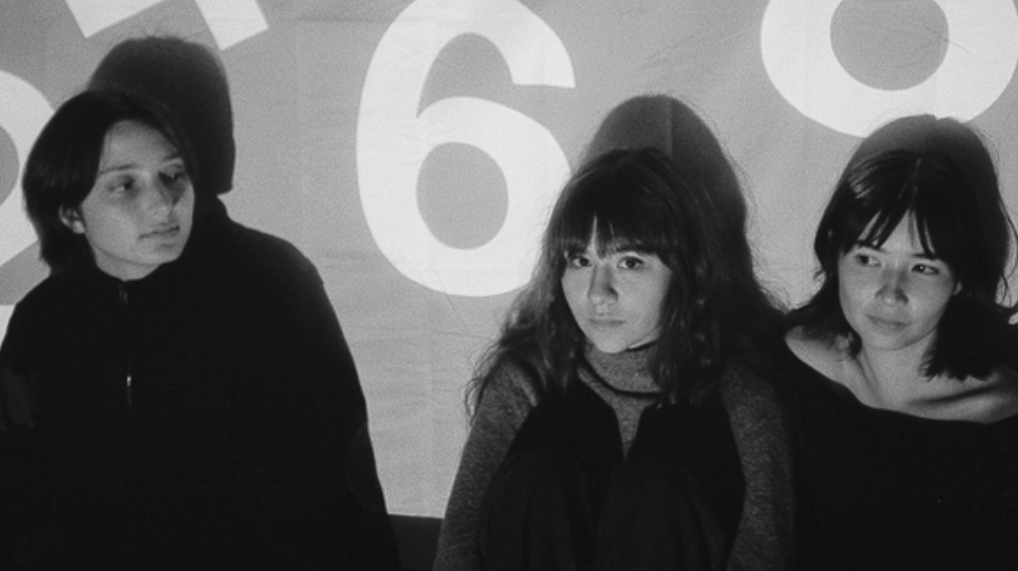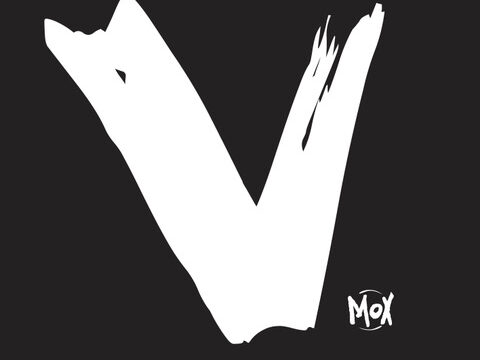
Horsegirl
Dienstag 10.06. 20:00
Molotow, Hamburg
We were kids, lined around the block; it was the summer of 2021 and Horsegirl was headlining Schubas Tavern. Our eyes were glowing and true as rockets of noise filled the room. There were legs and arms and bodies and hope and suddenly, there was a home for all of us, and we realized that this would be the hour from which our future sprung forth. Even from these early moments, Horsegirl possessed an honesty that has resonated with listeners. It is a spirit they have honored on their second album, Phonetics On and On, an exploration of the lines between pop, minimalism and playful experimentation.
There is something about the bitter cold in Chicago that unites the city in January— the two weeks in 2024 that Horsegirl spent recording Phonetics On and On were some of the coldest days in Chicago that year. With the heating off in The Loft to avoid sound interference, the band was bundled in multiple sweaters and sitting on their hands between takes. Working closely with musician/producer Cate Le Bon (Deerhunter, Kurt Vile, Wilco) Horsegirl found focus and intimacy in the studio that can only arise when it's simply too cold to step outside. Abandoning the heavy saturation and character studies of Versions of Modern Performance, Le Bon leads them into new, bright, clear, sonic territories that highlight the inventive nature of these new songs.
After playing together for four years, Horsegirl explores the limits of the trio configuration within Phonetics On and On— what if instead of filling out songs with distortion, they utilized the expanse that the three of them didn't occupy? This question seems to be the motivating force behind the record, and the songs are a testament to experimenting with space and texture while maintaining a pop song at the core. New tools help bring this world to life; violins, synths, and gamelan tiles are all woven into the record with complete effect.
One of my favorite moments of experimentation on the record is “2 4 6 8,” whose Raincoats-like violin parts and kinetic percussion elevate the song’s finale towards the same dynamic power of the Velvet Underground’s “Heroin.” The band relay that “2 4 6 8” was written almost entirely in the studio, as a result of Le Bon pushing them to lean entirely into the process of recording. It is an achieved byproduct of rewriting and rearranging, adding and subtracting, flash-moments of instability, and embracing the unexpected result. There’s also the album’s centerpiece “Julie,” whose synth drones become an ocean for Penelope’s vocals to sail above, all while Nora’s wonderfully avant-garde Rosa Yemen-like anti-solo’s pierce the woven sea.
